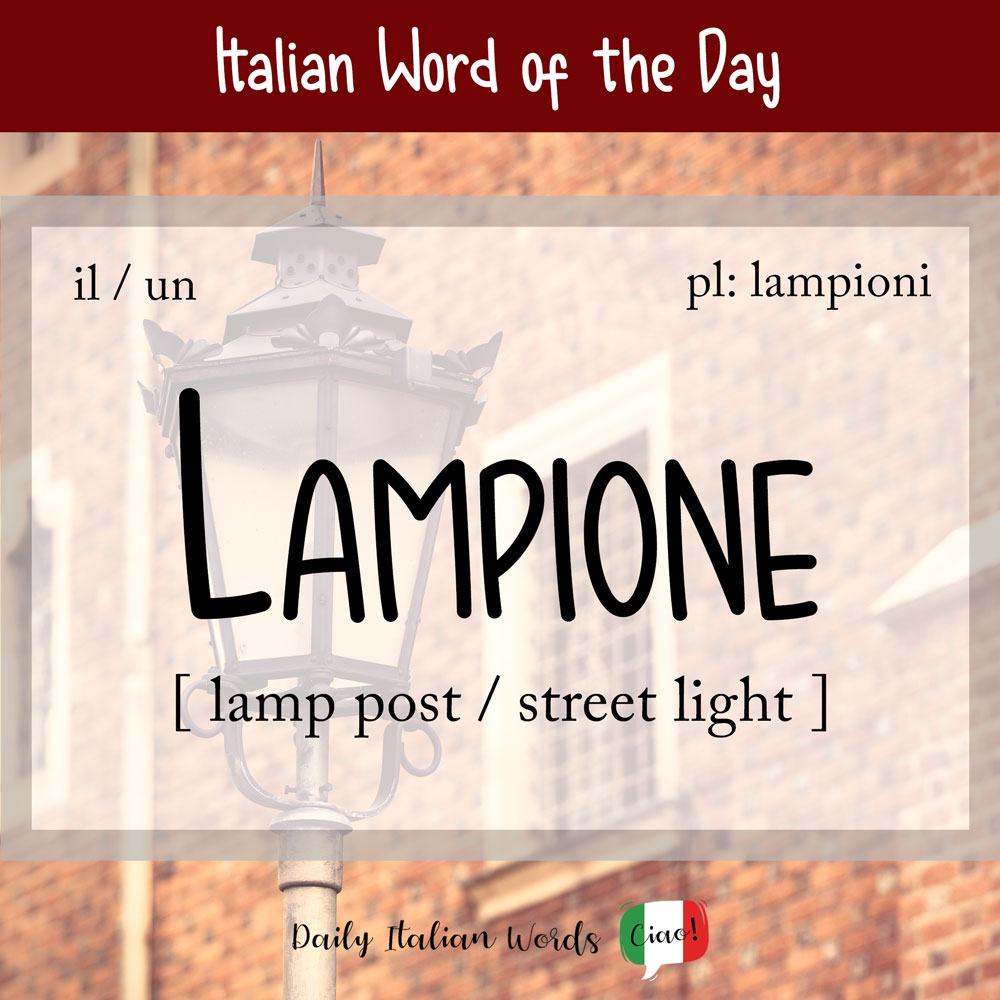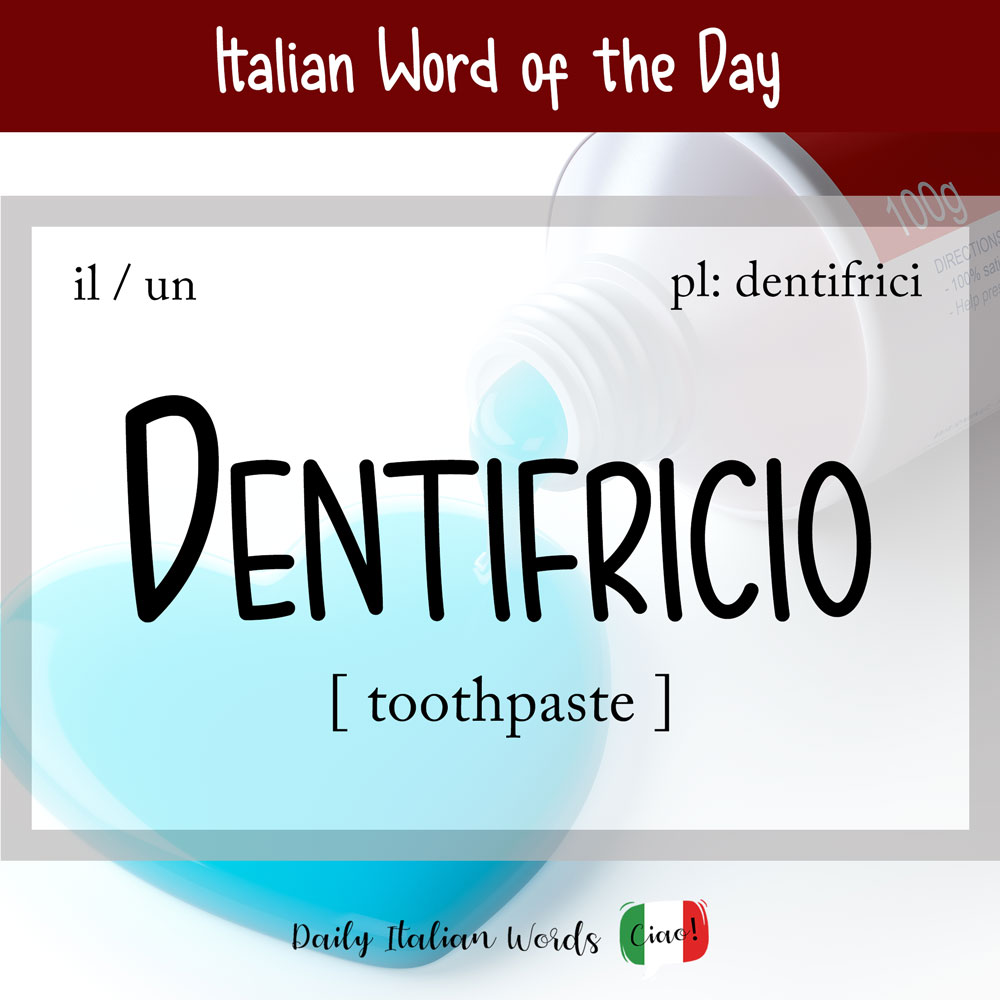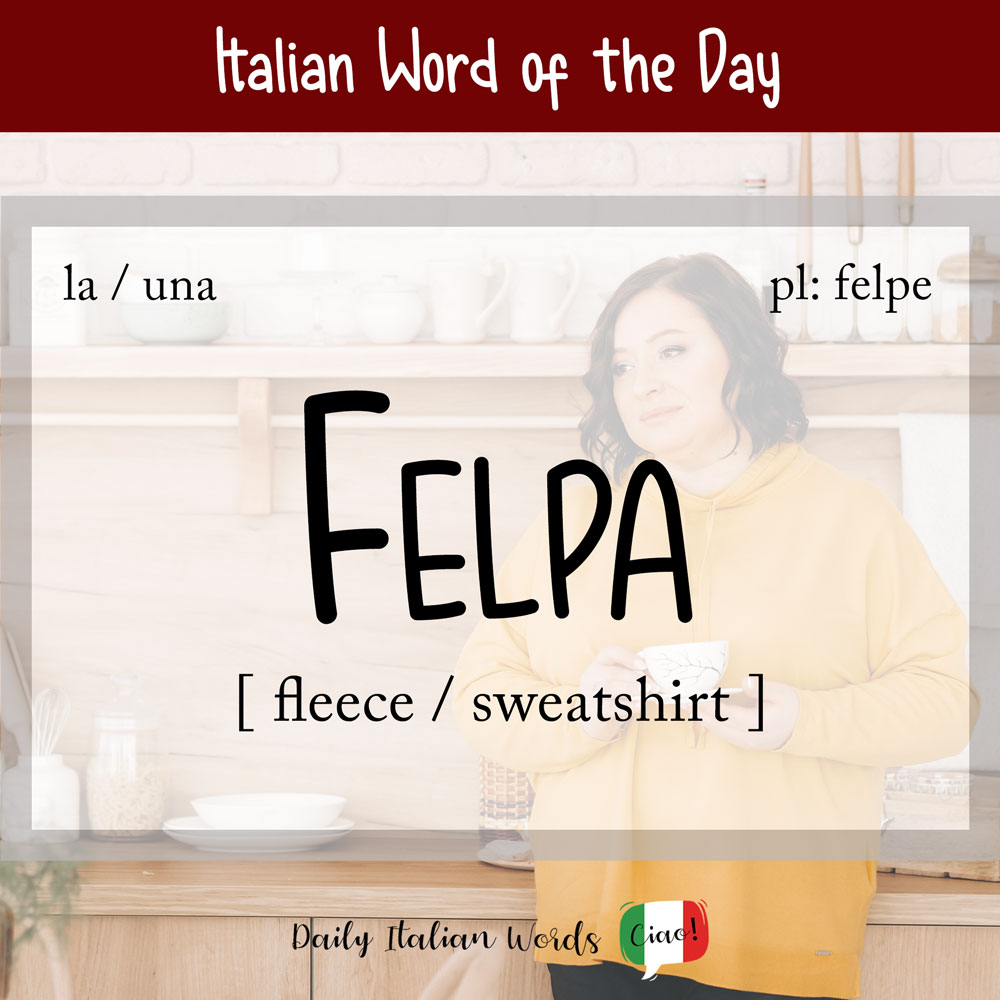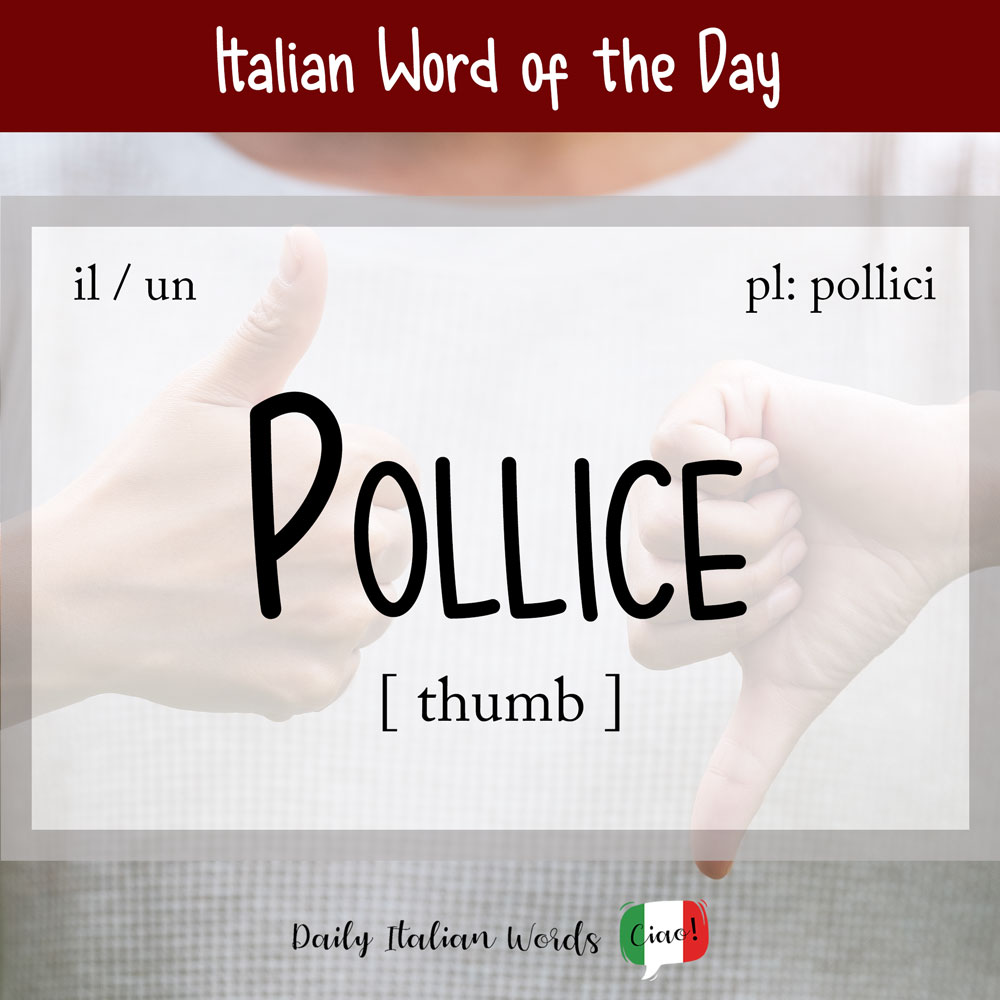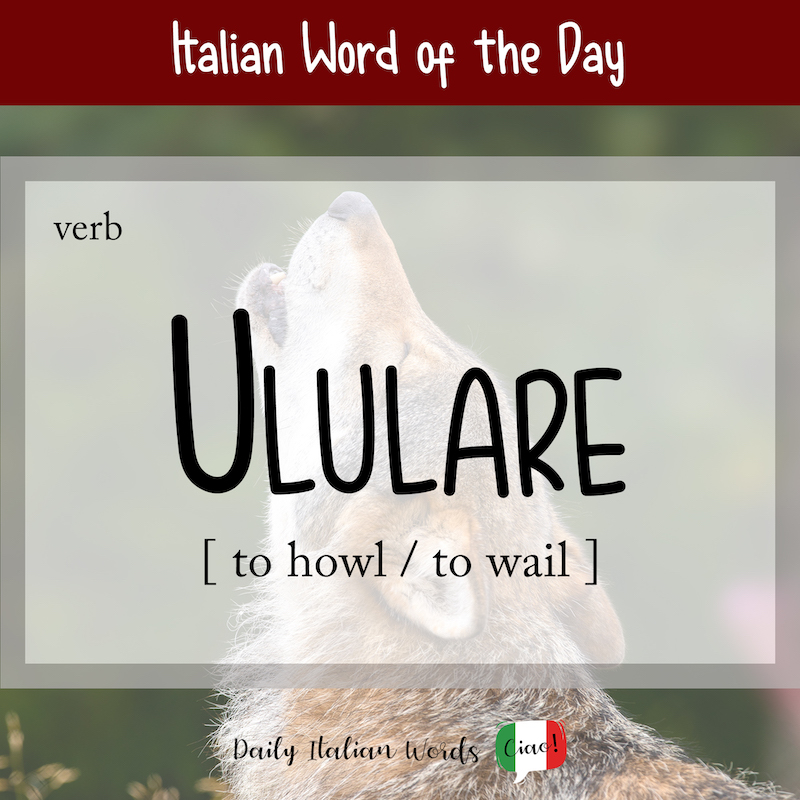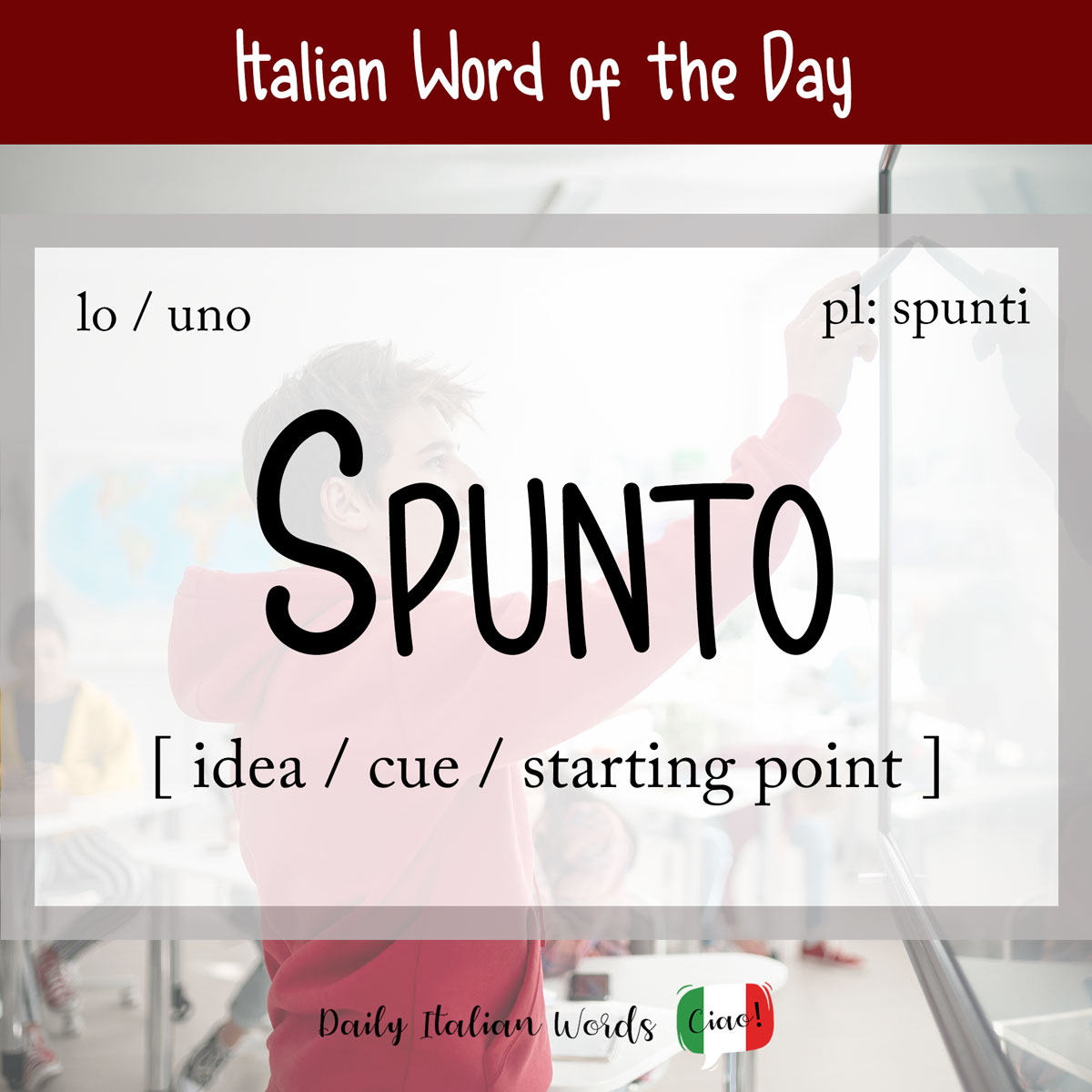Italian Word of the Day: Lampione (lamp post / street light)
A lampione is a large glass-covered lamp supported by a column or a support fixed to the wall, used for lighting streets, squares, gardens, and the like. It derives from the word lampa, meaning ‘lightning’ or ‘flash’. lampione street light / lamp post Being a masculine noun, it takes the following definite and indefinite articles: …

